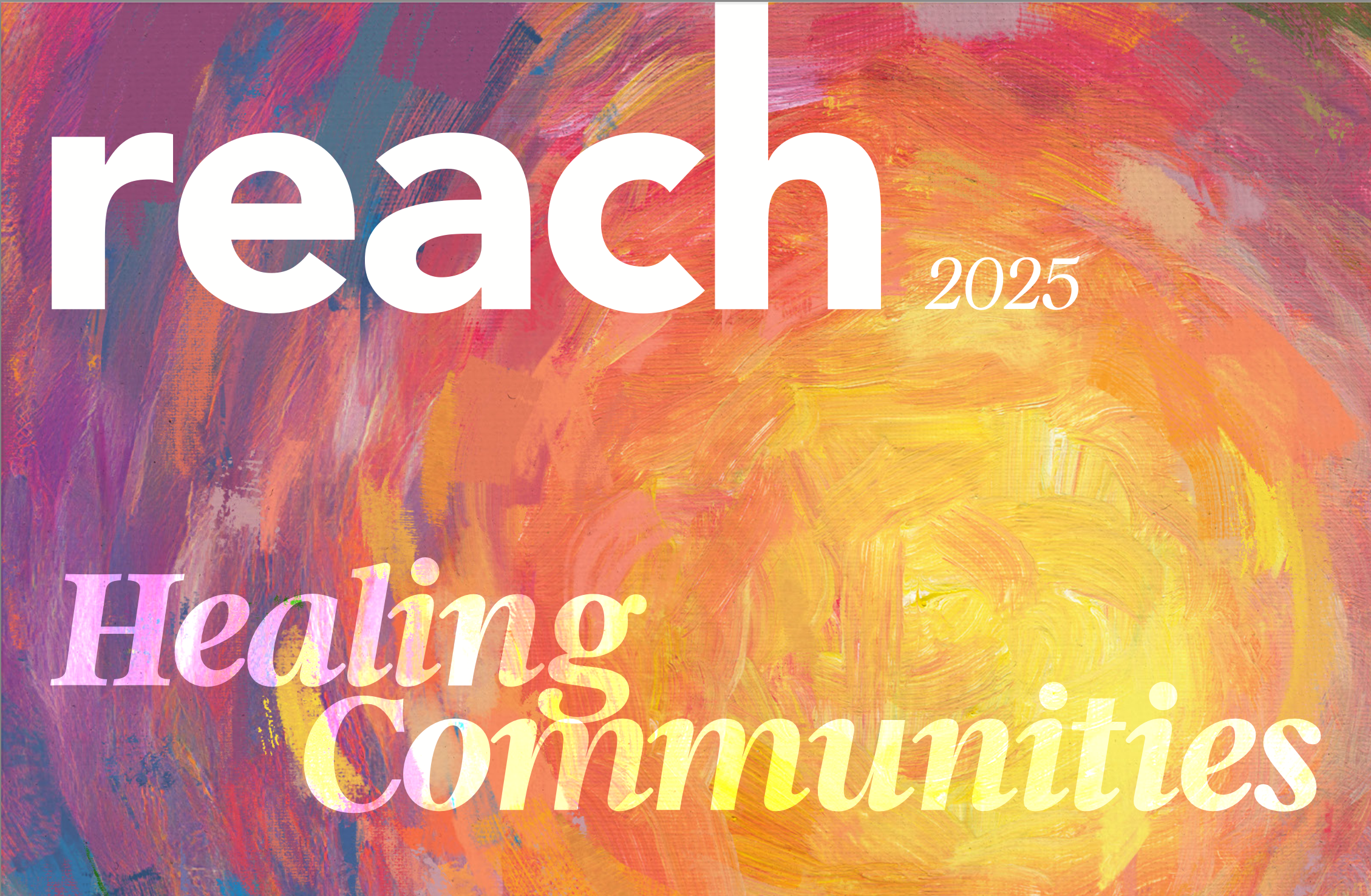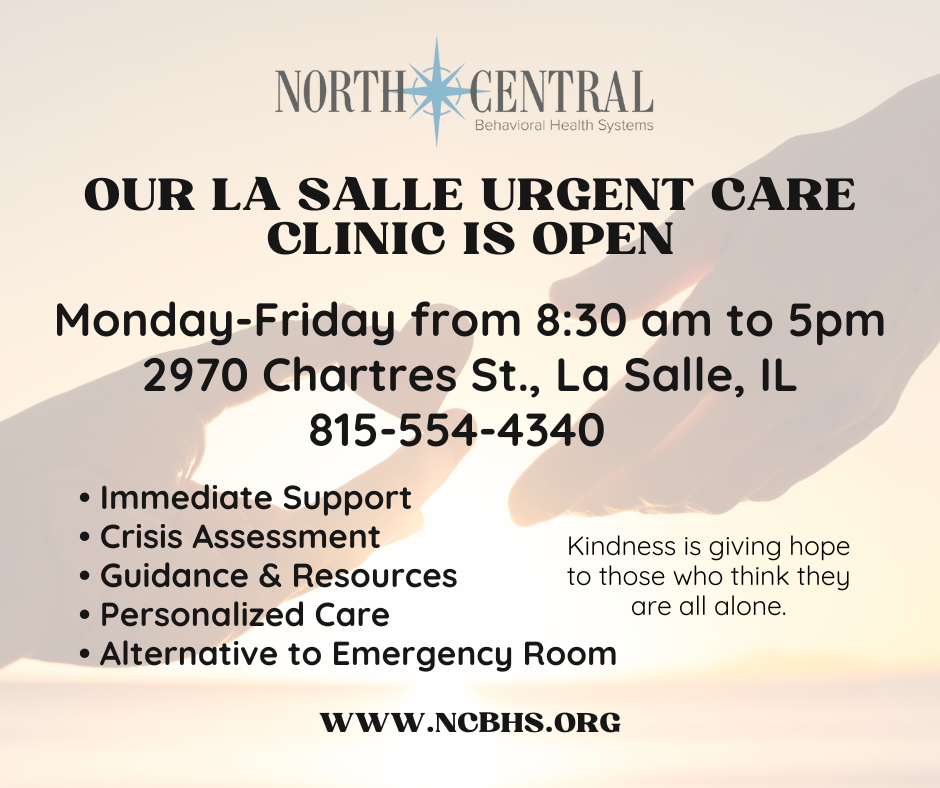We as human beings are social creatures whose most basic needs include the need for being socially connected. If you or someone you know is in recovery from a substance use disorder, you know that being able to connect to other individuals in recovery is an important component to maintaining sobriety. During this time of uncertainty with the spread of COVID-19, self-isolation and boredom that comes with social distancing can trigger a relapse on drugs or alcohol.
Read More
In the midst of this sweeping pandemic, humankind is being faced with an abrupt new reality…our lives are going to change and we are not exactly sure how, yet. As people are asked to stay in their homes to limit human contact and exposure to the COVID-19 virus, many of us are faced with an unsettling concern and uncertainty.
Read More
Over the last several days, our lives have changed because of the COVID-19. This virus has been a source of fear and anxiety for a lot of people. Fear about a disease can be overwhelming and lead to strong and unhealthy emotions. Learning to cope with these feelings can reduce stress and make you stronger and more helpful to others. We do not have all of the answers in this situation, but hopefully, we can help you put this in perspective.
Read More
October is National Bullying Prevention Month. One out of every five students report being the victim of bullying. Bullying is defined as “intentional behavior that hurts, harms or humiliates a student, either physically or emotionally”. Bullying can happen at school, in the community or online. Bullying is not about conflict, it is about power and control. Kids and adults who bully often use their power, such as physical strength, embarrassing information or popularity to control or harm others.
Bullying Statistics
Read More
It has been my experience in counseling couples that the problems they incur are less about in-laws, money, or sex and more about poor communication and the expectations they expect of the other person. When couples come in for therapy I hear a lot of “I do not understand why she does not do things like I do, my way is the right way”. “ Why can’t he know what my needs are without me having to tell him all the time?” Oh, if people would only do what we want them too then everyone would be happy, right?
Read More
The school year is starting and parents hope for a successful year for their child, both academically and socially. But what do you do if your Child is the target of a Bully? There are several things you can do to both support and guide your child. First let’s take a look at what bullying is. Bullying is:
Read More
From a Therapist / Bullying
Watch Bullying Webinar
What is Bullying?
- Use of superior strength or influence to intimidate someone, usually to get them to do what one wants
- Includes force or coercion to abuse or intimidate others
- May be habitual and involve an imbalance of power
- May be repeated towards victims
Types of bullying:
Read More
How can you tell if your child is sad, going through a phase or depressed? If your child has shown an increase in difficulty at home or school, is going through a life changing event (like a divorce) or has had sadness that has lasted more than two weeks you will want to review these symptoms of depression. Symptoms of depression in children include:
Read More
From a Therapist / Anger
Anger is a feeling or emotion that ranges from mild irritation to intense fury or rage. Anger is a natural response to those situations where we:
- Feel threatened
- Believe harm will come to us
- Believe another person has unnecessarily wronged us
- Feel another person, like a child or someone close to us is being threatened or harmed
Anger can result from frustration when our needs, desires, or goals are not being met. When we become angry, we may lose our patience and act aggressively, impulsively, or violently.
Read More
Self injury is when someone is performing deliberate and repetitive acts of physical harm to their own bodies.
Types of self harm include:
Read More


